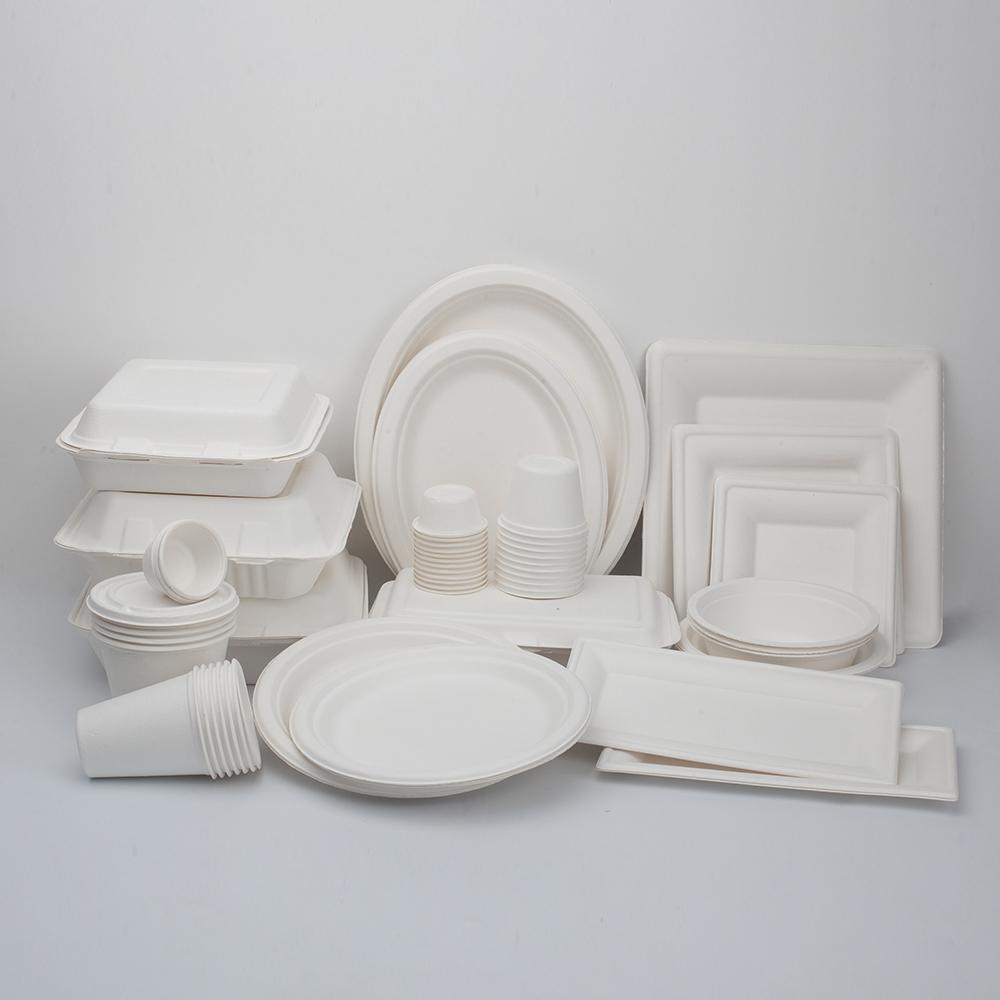According to a new study, as industrial companies continue to need sustainable packaging alternatives, the US pulp moulded packaging market is expected to grow at a rate of 6.1% per year and reach US $1.3 billion by 2024. Catering packaging market will see the largest growth.
According to this study, the environmental advantages of pulp molding include recyclability, biodegradability and the ability to compost in industrial facilities.
In addition, pulp moulded packaging also benefits from: performance advantages, including excellent cushioning, support and blocking;
Develop fiber moulded products that are more competitive with plastic substitutes in terms of cost, performance and aesthetics; Strong objections to disposable plastic products made from foamed polystyrene (EPS) foam and more and more city prohibition of certain EPS catering products.
In the long run, the catering service market is expected to grow the fastest in annual sales, as restaurants and other catering venues increasingly invest in environmentally friendly pulp moulded shells, plates and bowls, as well as lunch trays for delivery, takeout and food delivery.
Far East Geotegrity Environmental Protection Food packaging (Tableware) products use agricultural straw, rice and wheat straw, sugarcane and reed as raw materials to realize pollution-free and energy-saving production and recycling of clean energy. Has passed the international 9000 certification; 14000 environmental protection certification, passed the international inspection and testing of FDA, UL, CE, SGS and Japan's Ministry of health and welfare in the United States and the European Union, reached the international hygienic standard of food packaging, and won the honorary title of "Fujian's first single champion product in manufacturing industry"





